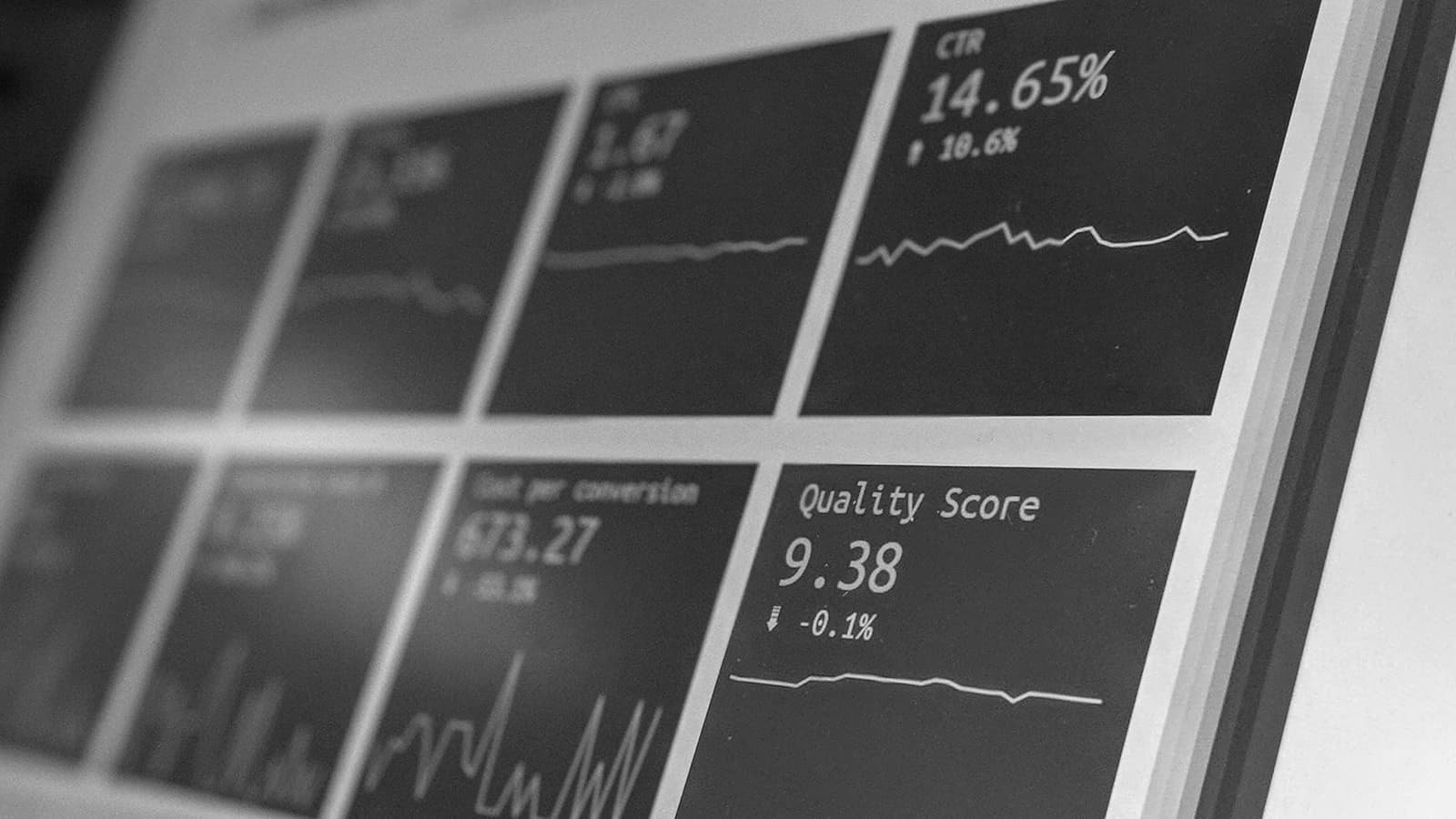
Website-Sicherheitstest.
Website- und Anwendungs-Schwachstellen-Scan – Web-Penetrationstests – Kostenloser Website-Sicherheitscheck
Website-Sicherheitstests
Identifizieren Sie automatisch Sicherheitslücken in Ihren Webanwendungen und der zugrunde liegenden Infrastruktur. Finden Sie Schwachstellen hinter einer Anmeldeseite, um eine vollständige Abdeckung zu erreichen..
METRIKEN
Wir tauchen tief in Ihre Website ein und erstellen Analysen und etablieren einen Prozess, der Ihr Online-Publikum sichert und Ihren Umsatz steigert.
Anbieter-Risikomanagement
Bewerten Sie die Sicherheit der Lösungen, die Ihre Online-Anbieter und Partner für Sie entwickeln
Website gehackt und Datenschutzverletzungen
Wir helfen kleinen Unternehmen beim Aufbau einer sicheren digitalen Präsenz, indem wir uns auf drei Schlüsselelemente einer erfolgreichen sicheren Online-Plattform konzentrieren.

Wir bekommen Ergebnisse.
Unsere nachgewiesene Erfolgsbilanz sichert Ihr Geschäft.






Sichern Sie Ihr Online-Vermögen mit Website Security Testing Consultancy
.
Website-Sicherheitstests: Ein entscheidender Schritt in der modernen Cyberverteidigung
In der heutigen digitalen Landschaft, Website -Sicherheitstests sind für Organisationen, die darauf abzielen, sensible Daten zu schützen und das Benutzervertrauen zu pflegen. Dieser proaktive Prozess identifiziert Schwachstellen in Webanwendungen, bevor böswillige Akteure sie ausnutzen können. Website -Sicherheitstests beinhalten in der Regel das Scannen von Sicherheitsanfällen, Penetrationstests, Code -Bewertungen, und Konfigurationsbewertungen, um sicherzustellen, dass Websysteme Cyber -Bedrohungen standhalten können.
Regierungen und Industrien weltweit erkennen die Bedeutung standardisierter Cybersicherheits -Rahmenbedingungen an. In Großbritannien, Die Cyber Essentials Schema bietet eine Grundlinie für eine gute Cybersicherheitshygiene. Es hilft Organisationen, sich vor gemeinsamen Bedrohungen wie Phishing zu bewegen, Malware, und Passwortangriffe. Das Erreichen der Cyber Essentials -Zertifizierung zeigt eine Verpflichtung zum Schutz von Daten und Systemen - ein kritischer Faktor für die britischen Regierungslieferanten.
In den Vereinigten Staaten, Die Cyber Trust Mark ist eine neue Initiative, die von der Federal Communications Commission entwickelt wurde (FCC) Verbesserung der Cybersicherheitstransparenz im Verbraucher -Internet der Dinge (IoT) Geräte. Obwohl nicht spezifisch für Websites, Diese Marke spiegelt den breiteren Trend der öffentlichen Rechenschaftspflicht in der digitalen Sicherheit wider und dient als Modell für transparente Cybersicherheitsstandards.
Für Organisationen, die mit den USA arbeiten. Verteidigungsministerium, CMMC 2.0 (Zertifizierung des Cybersecurity -Reifegradmodells) Ist der vorherrschende Standard. Es bewertet Auftragnehmer’ Fähigkeit zu schützen Bundesvertragsinformationen (FCI) Und Kontrollierte nicht klassifizierte Informationen (WELCHE) durch ein abgestuftes System von Cybersicherheitspraktiken. CMMC 2.0 übereinstimmen enger mit dem NIST SP 800-171 Rahmen und umfasst drei Zertifizierungsebenen, reichen von Grundlagen bis hin zu fortgeschrittenen Anforderungen an die Cybersicherheit.
Zusätzliche Zertifizierungen können robuste Websicherheitsprogramme erstellen. Der NIST Cybersecurity Framework (CSF) Bietet eine flexible Struktur für die Verwaltung und Reduzierung von Cybersicherheitsrisiken. Professionelle Zertifizierungen wie z. CISSP (Sicherheitsfachmann zertifizierter Informationssysteme), Comptia cysa+ (Cybersecurity Analyst), Und CISA (Wirtschaftsprüfer zertifizierter Informationssysteme) Richten Sie Praktiker mit dem Fachwissen aus, um effektive Sicherheitstests durchzuführen, Risikobewertung, und Minderungsstrategien.
Wenn sich Cyber -Bedrohungen entwickeln, Website -Sicherheitstests müssen zu einer regelmäßigen Praxis werden, Kein einmaliges Audit. Die Ausrichtung an anerkannten Rahmenbedingungen und Zertifizierungen stärkt die Cyber -Widerstandsfähigkeit eines Unternehmens und baut Vertrauen mit den Stakeholdern sowohl im öffentlichen als auch im privaten Sektor auf.